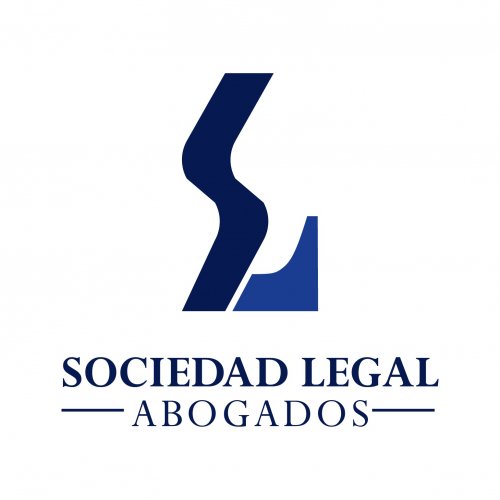Best Divorce & Separation Lawyers in Guayaquil
Share your needs with us, get contacted by law firms.
Free. Takes 2 min.
Free Guide to Hiring a Family Lawyer
List of the best lawyers in Guayaquil, Ecuador
About Divorce & Separation Law in Guayaquil, Ecuador
In Guayaquil, Ecuador, laws regarding divorce and separation fall under the umbrella of the Ecuadorian Family Code. Such laws are universally enforced, providing the necessary regulation for matters of divorce and separation. Cases are typically handled by a Family Court and the process can be either mutually consensual (Voluntary Divorce) or non-consensual (Contentious Divorce).
Why You May Need a Lawyer
An experienced divorce and separation lawyer in Guayaquil can provide necessary guidance through what can be a complex process. You may need a lawyer if your spouse has one to protect your interests, if there are children and custody issues involved, or if there are substantial assets to be divided. Furthermore, a lawyer can help clarify your rights and obligations under Ecuadorian law, gather and prepare necessary documents, represent you in court, and negotiate on your behalf.
Local Laws Overview
In Guayaquil, Ecuador, a divorce procedure can be initiated due to irreconcilable differences or specific causes, such as infidelity or abandonment. The procedure generally includes filing a petition for divorce, serving the petition to your spouse, responding to the petition, enforcing temporary orders if planned, accumulating evidence, settling the trial, and finalizing the judgment. Issues such as alimony, child custody, property division, and visitation rights are also dealt with during these proceedings.
Frequently Asked Questions
1. How long does the divorce process take in Guayaquil, Ecuador?
The duration of the process depends on the complexity of each case. However, a typical divorce process may take between three to six months. Amicable divorces tend to be resolved faster than contentious ones.
2. Do I need an Ecuadorian lawyer for my proceedings?
Yes, having a lawyer who is well-versed in Ecuadorian divorce law will be of great assistance in comprehending and navigating the legal process.
3. Can I file for divorce in Ecuador if I got married in another country?
Yes, you can file for divorce in Ecuador if you and/or your spouse are Ecuadorian residents or citizens, regardless of where the marriage took place.
4. Do I need to go to court?
If both parties agree on terms of the divorce, presence in court may not be necessary. However, if there are disagreements, court appearances may be required.
5. How are assets divided in a divorce in Guayaquil?
Assets acquired during the marriage are generally considered joint property. The division of these assets depends on various factors including each party’s contributions to the marital estate and, often, the needs of any minor children.
Additional Resources
The Ecuadorian Judiciary Council website has an extensive online resource section that contains useful guidebooks and articles regarding divorce proceedings. For a more personal touch, the Guayaquil Legal Aid Society provides free legal advice to low-income individuals going through a divorce.
Next Steps
If you're considering a divorce in Guayaquil, the first step is to consult with a knowledgeable attorney. They can explain the legalities and guide you through the process based on your circumstances. Gather all your relevant documentation (birth certificates, marriage certificates, income statements, property deeds, etc.) and make a detailed list of all your assets as it will be crucial for your divorce proceedings.
Lawzana helps you find the best lawyers and law firms in Guayaquil through a curated and pre-screened list of qualified legal professionals. Our platform offers rankings and detailed profiles of attorneys and law firms, allowing you to compare based on practice areas, including Divorce & Separation, experience, and client feedback.
Each profile includes a description of the firm's areas of practice, client reviews, team members and partners, year of establishment, spoken languages, office locations, contact information, social media presence, and any published articles or resources. Most firms on our platform speak English and are experienced in both local and international legal matters.
Get a quote from top-rated law firms in Guayaquil, Ecuador — quickly, securely, and without unnecessary hassle.
Disclaimer:
The information provided on this page is for general informational purposes only and does not constitute legal advice. While we strive to ensure the accuracy and relevance of the content, legal information may change over time, and interpretations of the law can vary. You should always consult with a qualified legal professional for advice specific to your situation.
We disclaim all liability for actions taken or not taken based on the content of this page. If you believe any information is incorrect or outdated, please contact us, and we will review and update it where appropriate.








